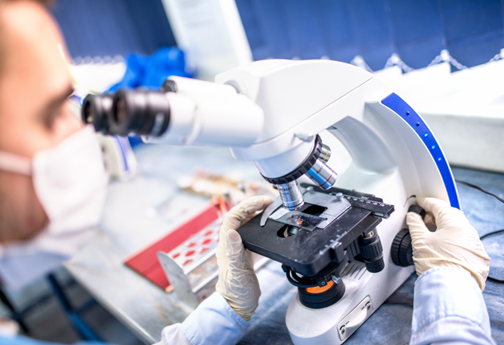
Researchers in Australia have made a breakthrough in cerebral palsy research, thanks to umbilical cord blood. They have identified three types of stem cells in cord blood which may prevent the disease.
Cerebral palsy is a condition where damage to the brain before or during birth causes various forms of disability and spastic paralysis. It is a relatively common condition, affecting between 0.15% and 0.4% of all newborns.
The medical trial consisted of new born animals who were given back some of their own umbilical cord blood in the hours after birth. Researchers found that the technique reduced the likelihood of birth asphyxia, where the newborn receives insufficient oxygen and becomes brain damaged. The research was undertaken at the Monash Institute of Medical Research.
Researchers suspect that the umbilical cord blood is actually repairing any damage done to the brain at this early stage. The stem cells in cord blood can also reduce any inflammation to the brain, which is also responsible for damage.
The three umbilical cord blood stem cells used were:
- T-regulatory cells which have an anti-inflammatory action,
- Endothelial Progenitor cells, which stimulate blood flow to injured areas
- Mesenchymal stem cells, which can repair the brain
Learn about the 3 main types of cord blood stem cells and their uses
The next step for researchers is a national human clinical trial, which is expected to begin within a few years.
Along with other research that has found specific anti-oxidants may be able to prevent cerebral palsy in the womb, scientists are hoping to eradicate the condition within a decade.
In other parts of the world, research into cord blood has indicated that it may be useful in treating the symptoms of cerebral palsy in older children. A South Korean team demonstrated that umbilical cord blood stem cells improved cognition when given to children who already had cerebral palsy. When combined with rehabilitation techniques, children with cerebral palsy also saw an improvement in motor skills.


